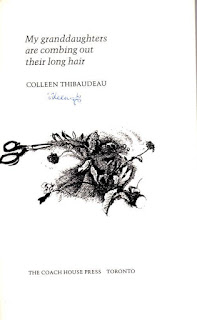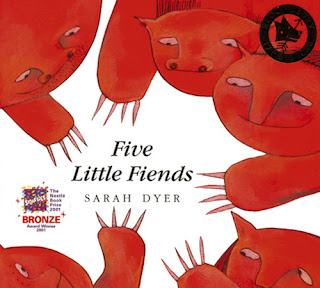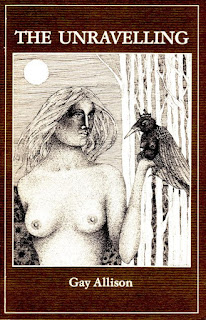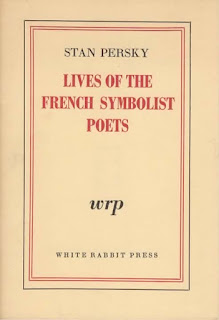I've read Mary Daly's side (reaction to Audre Lorde's open letter) as captured in the introduction to the 1990 edition of Gyn/Ecology. The ground is covered by Gina Messina in a blog posting at Feminism and Religion. In addressing the belief that Daly had not responded to Lorde and presenting the recovered evidence of a letter from Daly to Lorde, Messina arrives at restating Daly's position published in the intro to the 1990 edition of Gyn/Ecology
Clearly, women who have a sincere interest in understanding and discussing this book have an obligation to read not only the statements of critics but also the book itself, and to think about it.
Not being hailed by this interpellation and not quite satisfied by the implication that the critics had not read the book, I simply point out from the same introduction these remarks about process:
Moreover, in the Shape-shifting process the writing became more and more condensed. Whole pages sometimes become one paragraph or perhaps one sentence. The Fire and Focus were intense, burning away what seemed to be unnecessary words, forcing me to create New Words.
Often the New Words arose as a result of chases through the dictionary, which involved the uncovering of etymologies, definitions, and synonyms, which in turn led to further word-hunts and Dis-coverings.
Fire inspires the conjunction of race and rage that is highlighted in what Daly writes in
Pure Lust
What I'm suggesting is that there is a race of women and that this race of women happens when there is a focused will to be free, to Name our own be-ing. We break through the obstacles that block the flow of female force. This requires being in touch with fury, rage. Female Fury is Volcanic Dragon fire. It is Elemental breathing of those who love the Earth and her kind, who rage against the erasure of our kind. Of course as dragons, since we breath [sic] fire, we are considered tasteless. When you think of race you see again that this is a multiple-edged word. It is a labrys, it is a wand, it is my broom, it is my nightmare, it is my galloping steed. Race means the act of rushing onward, run. I see women racing, running. It was actually the feminist writer Olive Schreiner seventy years ago who first spoke of the race of women. I didn't realize that when I was writing this though. Race also means a strong or rapid current of water that flows through a narrow channel. But Elemental life must often flow through narrow channels, for in the state of lechery options are narrowed. Yet under these conditions force and focus can be intense. Race means a heavy, choppy sea, especially one produced by the meeting of two tides. This definition applies, for the race of women is wild and tidal, roaring with rhythms that are Elemental, that are created in cosmic encounters.
What is missing here is the other origin story of race — "early 16th century (denoting a group with common features): via French from Italian
razza, of unknown ultimate origin."
Burnt away in the rage of a ruling metaphor?
Gulping the Fire Water, I cannot Extinguish the memory of other Elements:
Here lies One / Whose Name was writ in Water [
phrase found on Keats's tombstone] which Wikipedia suggests "bears an echo from Cataullus LXX"
Sed mulier cupido quod dicit amanti / in vento et rapida scribere oportet aqua (What a woman says to a passionate lover / should be written in the wind and the running water)
But passionate lovers are not the only interlocutors. There are the critics, the readers. Pyromaniacs.
And so for day 2140
22.10.2012






















